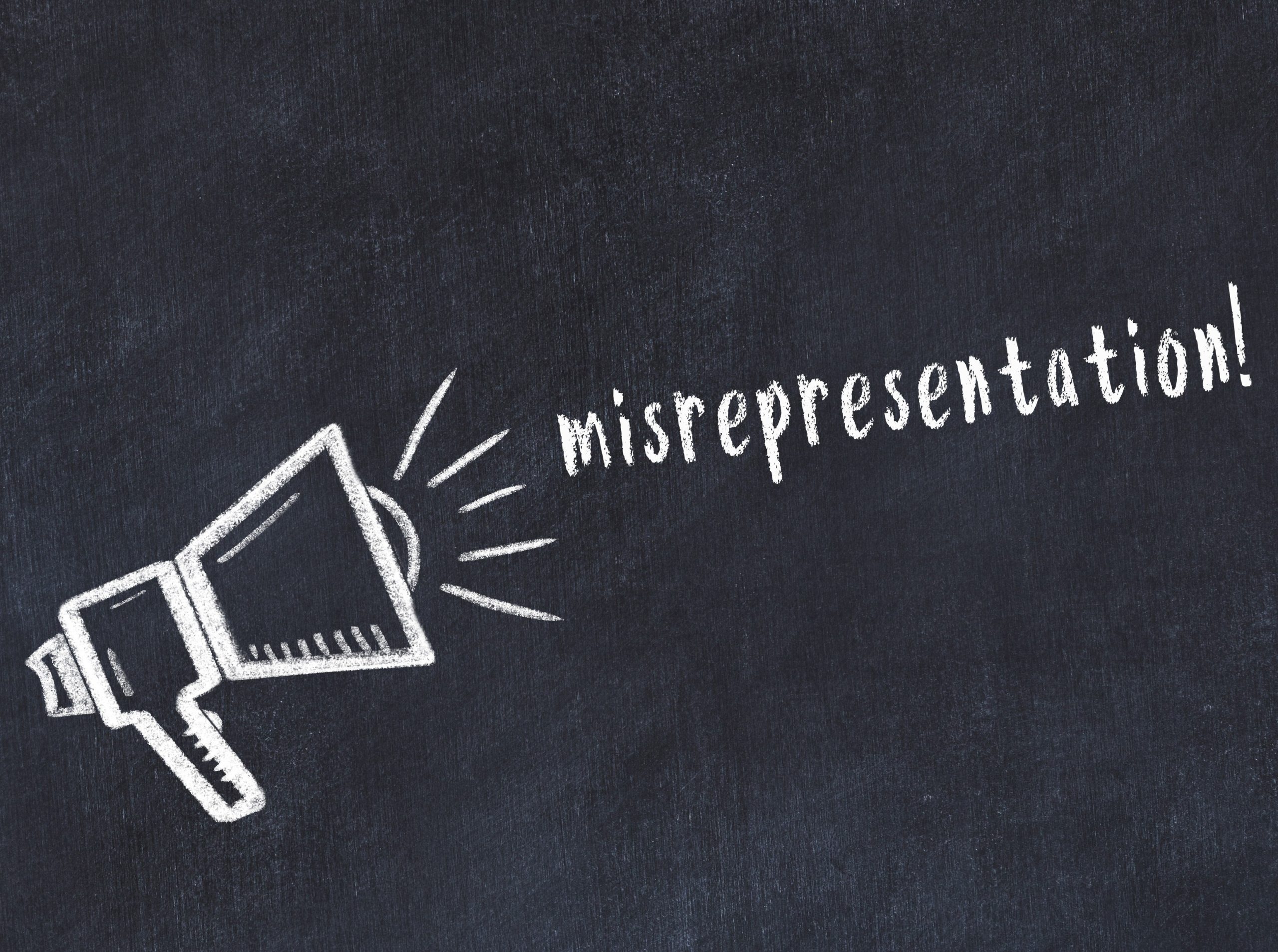A printed memo from a prominent independent adjusting firm with a company name that sounds almost like a mantra: Trust, Service, Integrity. The message in bold, however, conveyed something quite different. TSI Adjusters warns their field adjusters:
Warning: Do not share your estimate with anyone. If you were found to give your estimate to anyone, we will pull your claims, and you will not get any more claims from TSI. We will also be giving your name to all the carriers we work with. Under no circumstance is your estimate to be provided to anyone including insured, PA, contractor, ETC.
The directive leaves no ambiguity. Field adjusters are expected to keep their estimates secret from everyone, including the policyholder.
The irony of that is hard to ignore. The adjustment company, TSI, stands for “Trust, Service, Integrity.” It might as well be rewritten as “Threats, Secrecy, Intimidation” when seen through the lens of this memo. The core question it raises is a serious one. Can claims managers in Florida ethically tell adjusters not to share estimates with policyholders?
The answer requires a look at Florida’s legal and ethical framework that governs insurance adjusters. Independent adjusters are not just agents of the insurer. The State of Florida licenses them, not the insurance carrier or adjusting firm. Their primary duty, under Florida law, is to serve the public. That means always following the laws and regulations of the state and acting fairly and honestly, especially when it comes to reporting the scope and cost of a loss.
This principle has now been reinforced by an emergency ethics rule adopted by the Florida Department of Financial Services originally as Emergency Rule 69BER24-4. This rule amends Section 69B-220.201 of the Florida Administrative Code and could not be clearer. Subsection (3)(m)(3) states:
Adjusters must provide the written estimate of loss to the insured within the time prescribed by law. The written estimate of loss provided to the insured must include the line-item estimate produced by the electronic estimating program, a variation report or other similar report showing whether and to what extent the program was modified by the adjuster, and, if applicable, additional documentation to support any modification…
The rule also prohibits undisclosed revisions to estimates. Subsection (3)(m)(4) requires that any changes to a prior estimate must show what was modified, why it was changed, and who made the change. These transparency requirements cannot be waived by the insurer or the insured. The law now demands full accountability and clarity.
Which brings us back to the memo. A directive that tells an adjuster to withhold the very estimate required by law to be shared, under threat of blacklisting, appears to violate not just the spirit of Florida’s emergency rule but possibly its letter. Even if not definitively illegal, it’s hard to argue such a policy aligns with a profession whose code begins by declaring:
“The work of adjusting insurance claims engages the public trust.”
This memo shows the extreme and growing pressure placed on field adjusters in Florida. These are licensed professionals with ethical duties. Many are put in positions where doing the right thing could cost them their livelihood. They are expected to stay quiet when an estimate is altered. They are told to follow orders, not rules. They often have little recourse when punished for acting ethically.
That must change. If you are a licensed adjuster in Florida and you believe that you are being coerced into hiding information, pressured to alter estimates without justification, or threatened for doing your job honestly and legally, you should consider speaking with a labor attorney. “Independent” doesn’t have to mean unprotected, and licensed doesn’t mean voiceless.
The insurance claims industry cannot function if the field adjusters are muzzled or manipulated. Field adjusters are those closest to the loss, the facts, and the truth. Transparency is not a luxury in the claims business. It is the foundation of trust between policyholders and insurers. When adjusting firms and claims managers issue memos that demand secrecy and enforce silence through fear, they aren’t promoting trust, service, or integrity. They’re promoting threats, secrecy, and intimidation.
This memo also shows the need to change what is called for in market conduct studies. All internal insurance company claims directives regarding first-party property insurance claims should be provided to regulators. If insurers are acting ethically, what do they have to hide? Indeed, the requirement of the disclosure would keep these types of memos from ever becoming claims directives in the first place.
Florida has taken strong regulatory steps toward restoring integrity to the claims process. Let’s hope the leaders and managers of the claims adjusting industry follow that lead.
Thought For The Day
“Truth is like the sun. You can shut it out for a time, but it ain’t going away.”
— Elvis Presley



